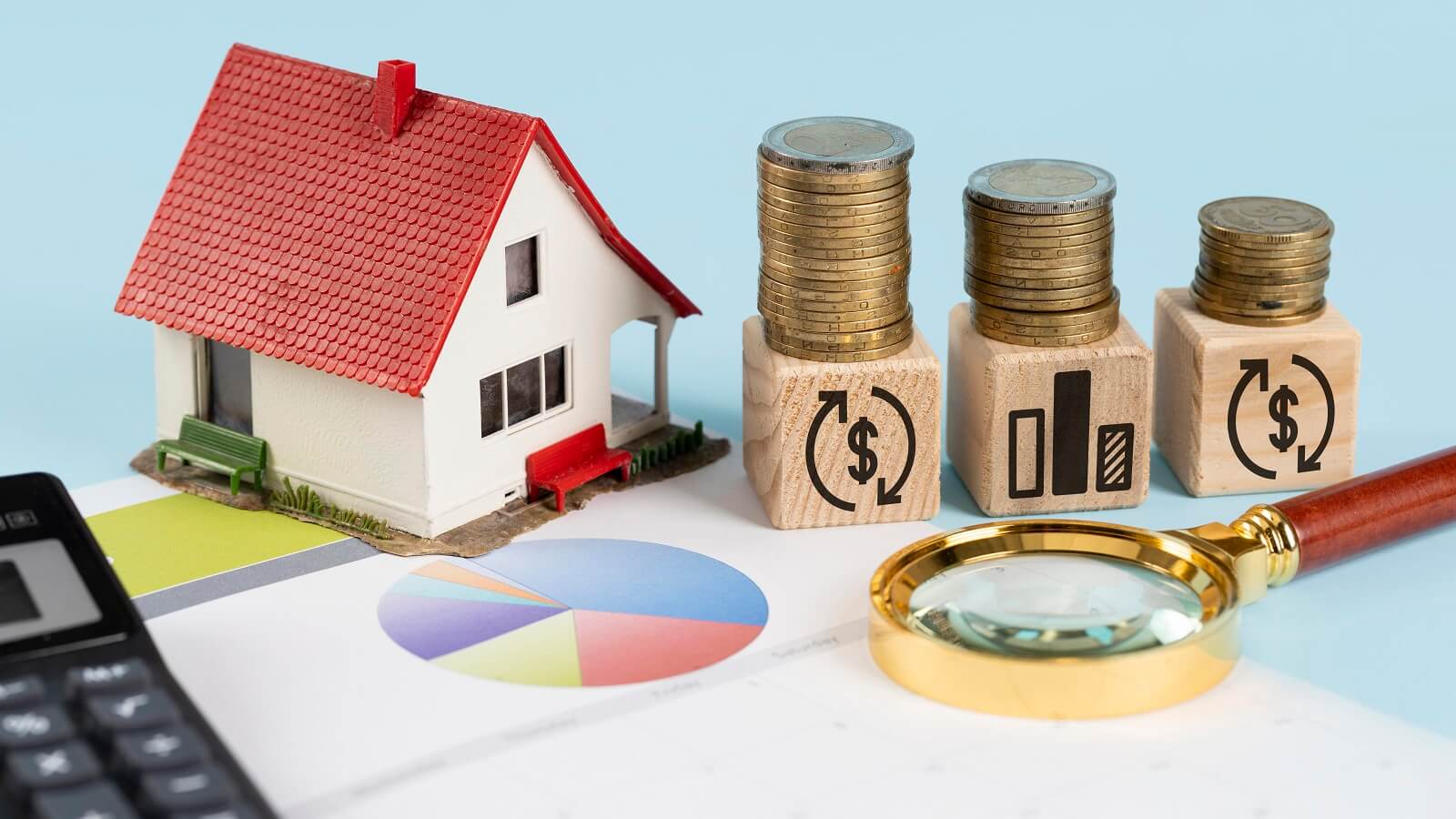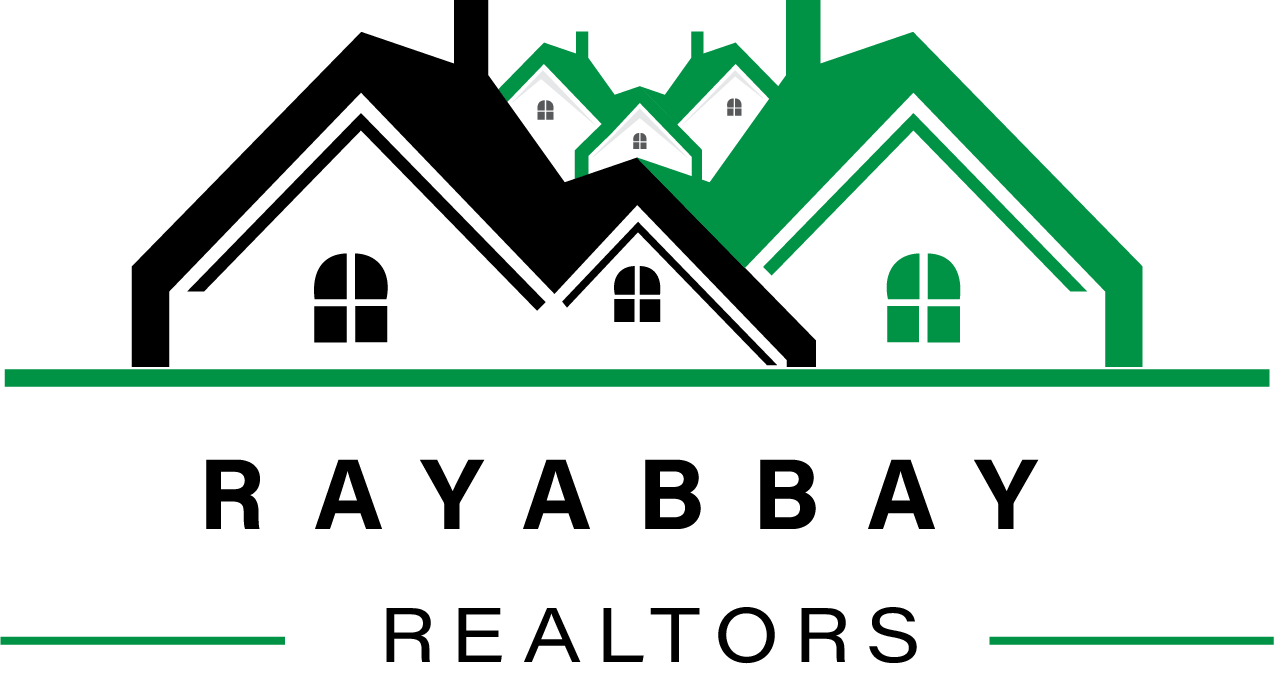Understanding property valuation: How much is your home worth

For homeowners, understanding the value of their property is essential, whether they plan to sell, refinance, or simply want to know the worth of their investment. Property valuation is a complex process that involves several factors and methodologies. We will get into the key aspects of property valuation and explore how you can determine the true value of your home.
Market comparison
One of the most common methods used in property valuation is the market comparison approach. This involves assessing the prices of similar properties recently sold in your area. By comparing your property to these recent sales, real estate professionals can estimate a fair market value. Factors such as location, size, condition are all considered.
Replacement cost method
The replacement cost method is applicable for newer properties and unique homes that may not have a direct comparable in the market. This approach involves determining the cost of building the property from scratch, considering the current construction costs, labor and materials. Depreciation is factored in as the value of older properties may be affected by wear and tear.
Income approach
The income approach determines a property’s value based on its potential for income and is primarily utilised for commercial and rental properties. This approach uses a capitalization rate and the property’s net operating income (NOI) to estimate its value. Property value increases in direct proportion to prospective revenue.
Physical attributes
Your home’s physical characteristics have a big impact on its value. The property’s dimensions, number of rooms, design, and general state are important considerations. When upgrades and renovations are in line with buyer preferences and market trends, they can also increase the value of your house.
Location
The location of a property is one of the most influential factors in its valuation. Desirable neighborhoods with good schools, access to amenities, low crime rates, and proximity to employment centers tend to have higher property values. On the other hand, properties located in less desirable areas may have lower valuations.
Real estate market conditions
The overall state of the real estate market significantly impacts property valuations. In a seller’s market with high demand and low inventory, property values tend to rise. Conversely, in a buyer’s market with increased supply and decreased demand, property values may plateau or even decline.
Seeking professional help
Although there are internet tools and calculators that provide estimations of property values, the findings might not always be reliable. It is better to speak with a licensed real estate agent for an accurate valuation. These professionals can provide a more precise value of your property since they have access to extensive data, experience, and expertise.
Conclusion
Determining the true value of your home is a multifaceted process that involves various methodologies and factors. The market comparison approach, replacement cost method, and income approach are some of the common methods used. Physical attributes, location, market conditions, and professional expertise all play crucial roles in property valuation. To obtain the most accurate valuation, it is advisable to seek the assistance of a licensed real estate agent or an appraiser. Understanding the worth of your home empowers you as a homeowner and helps you make informed decisions regarding your property investment.
